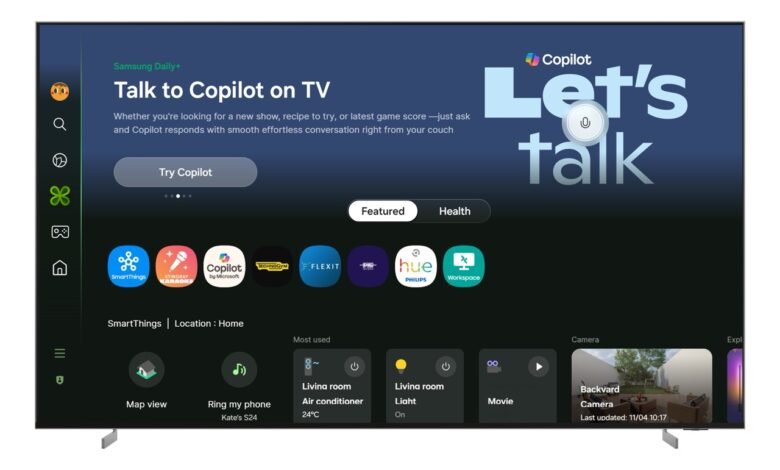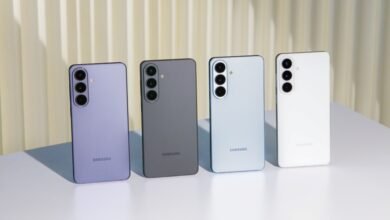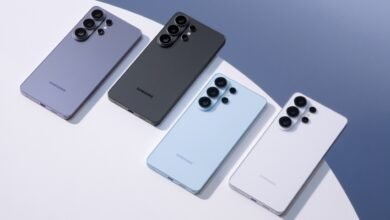
Samsung for some reason believes people want to access AI even on their televisions. So starting with the 2025 lineup of TVs and Smart Monitors, Microsoft Copilot will live inside Tizen as a built-in assistant you can summon by voice or remote. The company frames this as the next step in its Samsung Vision AI push, where your screen becomes a shared companion for quick answers, language help and content discovery right from the couch.
What this actually changes on your TV
Copilot will appear across the Tizen home, Samsung Daily+, and Click to Search. That means you can ask for quick facts about an actor on screen, get plot recaps, translate a phrase, or get a kid-friendly explanation of a complex topic without reaching for your phone. Because the assistant is context aware through Click to Search, it should feel less like typing queries into a browser and more like talking about what you are watching. Samsung says this is designed to feel like a living-room companion rather than a PC add-on.
Why Samsung is doing this now
For years Samsung has marketed the television as a general-purpose smart surface. Its 2024 TV launch in Nairobi leaned heavily on AI processing, from upscaling to motion handling, powered by the NQ8 AI Gen3 processor. Copilot adds a conversational layer that normalises those capabilities for everyone in the room, especially households that already use Windows or Office. If you remember the 2024 lineup reveal and the pre-order phase in Kenya, the direction has been consistent: make the big screen more helpful, less passive.
Where it integrates first
Expect Copilot to sit beside Bixby rather than replace it. Daily+, Samsung’s lifestyle hub, is the obvious entry point for practical use: wellness videos, recipes and routines can surface guided help, timers and translations. Click to Search should be the stealth feature, letting you highlight something on screen and ask a follow-up. The bet is that once the assistant feels native to the TV, families will treat AI as a communal experience instead of a phone-only tool.
The big questions we still have
Samsung has not detailed regional rollouts, language coverage or model tiers. It has also not clarified how on-device processing via Vision AI blends with cloud calls to Microsoft, which matters for privacy, latency and offline behaviour. Historically, Samsung has staggered features by model and market, so check the fine print when the 2025 range hits your country. We will update when the company shares specifics.
Privacy and security will decide trust
Voice queries and viewing context are sensitive. Samsung has spent 2025 emphasising device security across categories. Its digital appliances just secured TÜV Nord IoT certification based on Europe’s ETSI EN 303 645 baseline, a signal of processes around authentication, updates and data handling. While that certification does not apply to TVs, it shows the company wants credibility on connected-home security, which will be crucial for living-room AI.
The Microsoft angle
For Microsoft, Copilot on TVs extends an assistant familiar on Windows into a new shared screen. We have covered Copilot’s rise on PCs and its growing role in African workplaces. Bringing it to TV means AI guidance when people are already in “lean-back” mode, which could drive new habits around learning and planning while watching.
Should you care as a buyer?
If you regularly pause shows to Google actors, translate lines or explain concepts to kids, this might become a daily utility. If you prefer a distraction-free screen, you can ignore it and keep using your TV as usual. The more interesting long-term play is how Copilot ties into SmartThings scenes, cars and appliances, an ecosystem push we have been tracking across Samsung stores in East Africa and recent platform announcements.





